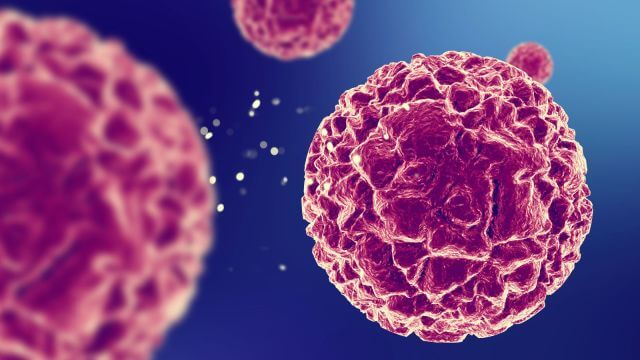Researchers at a leading medical institute in Paris have made a major breakthrough in breast cancer detection. Scientists at the Institut Curie have developed a new diagnostic tool that can find early-stage breast cancer with 95% accuracy. This innovation could help save thousands of lives by allowing treatment to begin much sooner.
Breast cancer remains one of the most common cancers worldwide, affecting millions of women every year. Early detection is vital because it greatly increases the chance of successful treatment and survival. The new diagnostic tool gives doctors a faster and more reliable way to spot cancer at its earliest stage, when treatment is most effective.
The research team used advanced imaging methods and artificial intelligence to build the new system. By analyzing patterns in breast tissue, the tool can detect tiny signs of cancer that are often missed by traditional scans. This combination of technology allows doctors to see hidden changes before tumors grow or spread.
The system was tested on thousands of samples from patients of different ages and backgrounds. It showed a 95% success rate in identifying early-stage cancer. This is a much higher accuracy level than many existing methods. Current screening techniques, such as mammograms, sometimes fail to detect small tumors or produce false alarms. The new tool reduces these risks and offers clearer results.
Doctors involved in the project believe this tool could transform breast cancer care. If used widely, it could lead to faster diagnoses, less invasive treatments, and better patient outcomes. Women who are diagnosed early often need smaller surgeries, lower doses of chemotherapy, and have a higher chance of long-term recovery. Early detection also helps reduce the emotional and financial stress on patients and their families.
Public health experts say this discovery could also improve breast cancer screening programs around the world. Many countries still face challenges in offering reliable and accessible screening for women. The new tool could make testing more accurate and more available, especially in areas with limited medical resources. Mobile screening units using this technology could bring life-saving services to rural and underserved communities.
The researchers are now working on making the tool ready for use in hospitals and clinics. They plan to run larger clinical trials to confirm its safety and effectiveness in real-world settings. Once approved by health regulators, it could be added to routine screening programs within the next few years.
Breast cancer detection has seen many advances in recent decades, but late diagnoses remain a major concern. Many patients only discover the disease after it has spread, which makes treatment more difficult. This breakthrough from the Institut Curie offers hope that future patients may learn about the disease much earlier, when it is easier to cure.
The institute has a long history of cancer research and treatment. It has helped develop many of the modern therapies and techniques used worldwide today. This new tool builds on that legacy by combining medical knowledge with cutting-edge technology.
The researchers say their ultimate goal is to reduce the number of deaths from breast cancer worldwide. They hope that with early diagnosis, more women can live longer, healthier lives. They also believe the tool could be adapted in the future to detect other types of cancer, further expanding its impact on global health.
For now, the focus is on bringing the breast cancer detection system to clinics as soon as possible. Health experts are optimistic that this innovation will become a powerful weapon in the fight against one of the world’s deadliest diseases.


